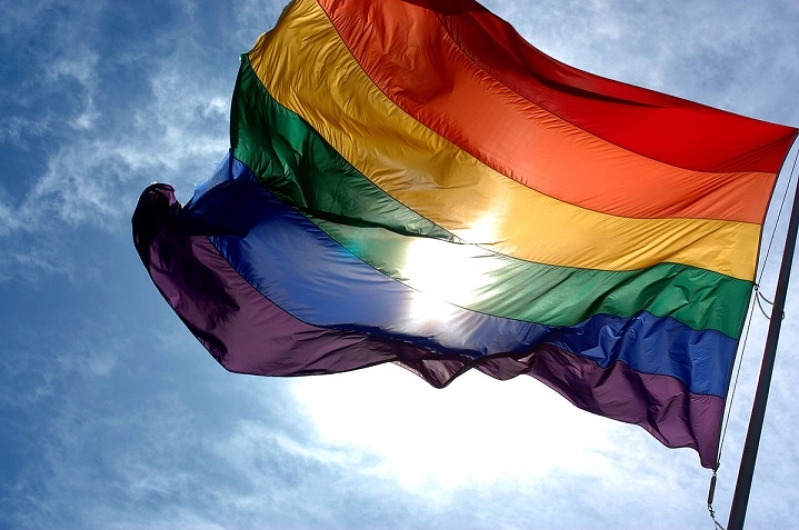
A new law in Massachusetts prohibiting discrimination against transgender people took into effect Saturday.
The new law seeks to “extend protections against discrimination for gender identity to any place of public accommodation.”
This means transgender people can now freely use bathrooms and locker rooms based on their gender identity regardless of their gender at birth.
The compromise legislation was passed by the state House and Senate and signed by Gov. Charlie Baker in July.
"No one should be discriminated against in Massachusetts because of their gender identity," Baker said when he signed the law. “This compromise legislation extends additional protections to the Commonwealth’s transgender community, and includes language to address the public safety concerns expressed by some by requiring the Attorney General to issue regulations to protect against people abusing the law.”
Freedom Massachussets co-chair Mason Dunn said the upholding of transgender rights in the new law is a “shining moment” for Massachusetts, which was said to be the 18th state in the U.S. to put such protections in place. Dunn said with the new law, the state has lived up to be an “inclusive, welcoming place.”
While transgender rights groups are celebrating the anti-discrimination law, the Massachusetts Family Institute will attempt to put a repeal question on the November ballot. MFI has collected more than 32,375 signatures so far, satisfying the number required for a repeal question.
MFI's move was criticized by Freedom Massachusetts.
“We will not know until the signature verification process is complete whether this attempt to strip our Commonwealth’s transgender young people, adults and families of basic nondiscrimination protections has qualified for the 2018 ballot,” Dunn said.
MFI warned that the new law could put pastors and churches in trouble because places of public accommodation, as specified by Attorney General Maura Healey, include “auditoriums, convention centers, lecture halls, houses of worship and other places of public gathering.”
Gender Identity Guidance, a document released by the Massachusetts Commission Against Discrimination, also asserts that a church holding a secular event that is open to the public can be considered as a place of public accommodation.
“The law bootstraps the idea of gender identity onto existing Civil Rights laws. Even having a sign in your church that says ‘This Bathroom is for Biological Women Only’ could subject the pastor of the church up to 30 days in jail,” MFI president Andrew Beckwith told Fox News.
Beckwith said the fact that all worship services are open to the public shows that the laws were written with a “religious tone deafness.”
“If the church doesn’t defend itself from these attacks on religious liberty, they are going to cease having the ability to make the pastoral decisions they need to be able to make,” Beckwith said.







